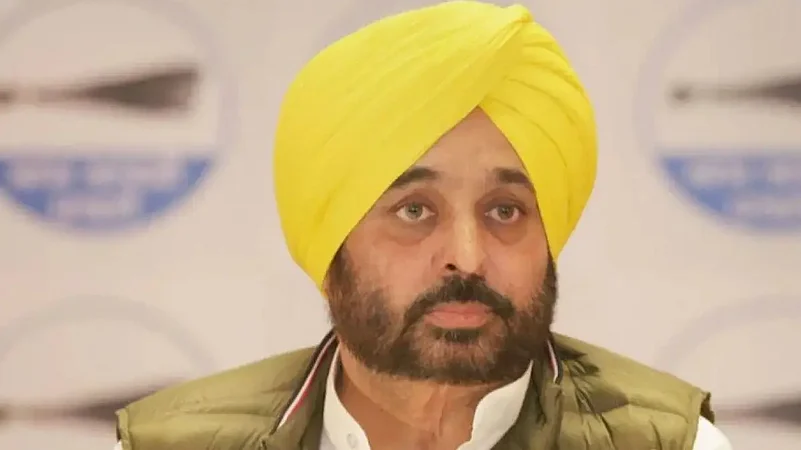Punjab Chief Minister Bhagwant Mann firmly stated today that the state would not share any additional water with other states under any circumstances. He made this declaration after presiding over an emergency cabinet meeting at his residence.
Although the meeting's official agenda was not disclosed, it was known that the council of ministers discussed the longstanding Sutlej-Yamuna-Link (SYL) canal issue. The Chief Minister also announced that Gurminder Singh's name had been approved for the position of Advocate General during this cabinet meeting, PTI reported.
In his statement, Mann reiterated Punjab's stance on water-sharing, saying, "Not even a single drop of additional water will be shared with any other state at any cost." He also mentioned that the possibility of convening the monsoon session of the state Assembly was discussed, along with approvals for several decisions beneficial to the people.
This meeting followed a recent directive from the Supreme Court, which instructed the Centre to assess the land allocated in Punjab for a section of the SYL canal. In response, all political parties in Punjab unanimously asserted that the state had no surplus water to share with any other state.
In contrast, political parties in Haryana welcomed the Supreme Court's directions, expressing their long-standing desire to access SYL water. During the court hearing, the bench headed by Justice Sanjay Kishan Kaul also called upon the Centre to actively pursue mediation to resolve the ongoing dispute between Punjab and Haryana concerning the canal.
The SYL canal project was designed to facilitate the equitable distribution of water from the Ravi and Beas rivers. While Haryana has completed the construction within its territory, Punjab, which initiated the project in 1982, subsequently suspended its efforts, leading to the current legal and political dispute over water allocation.


























